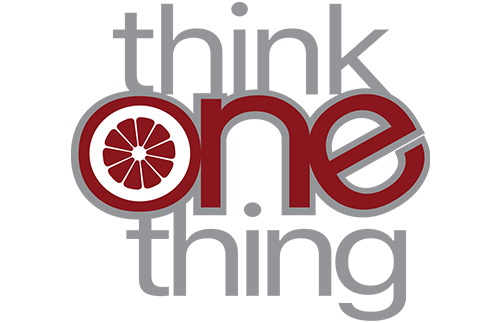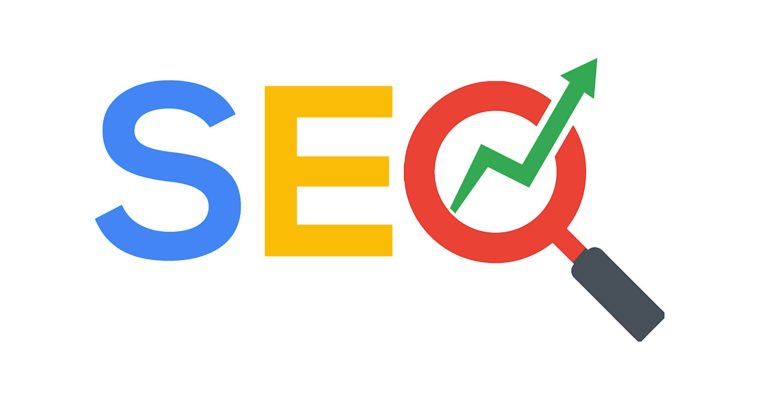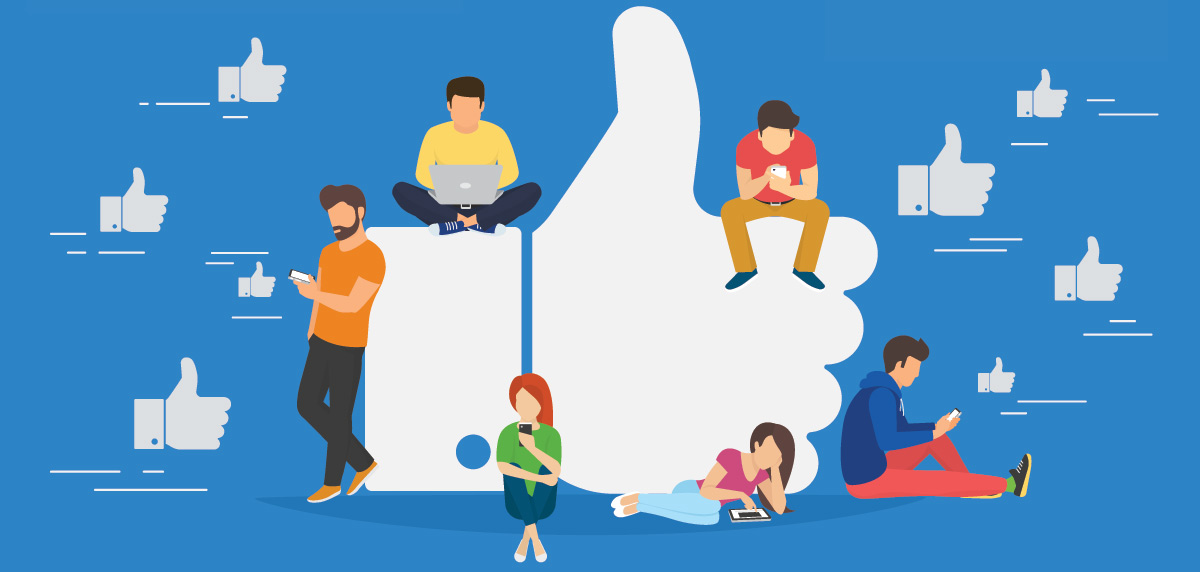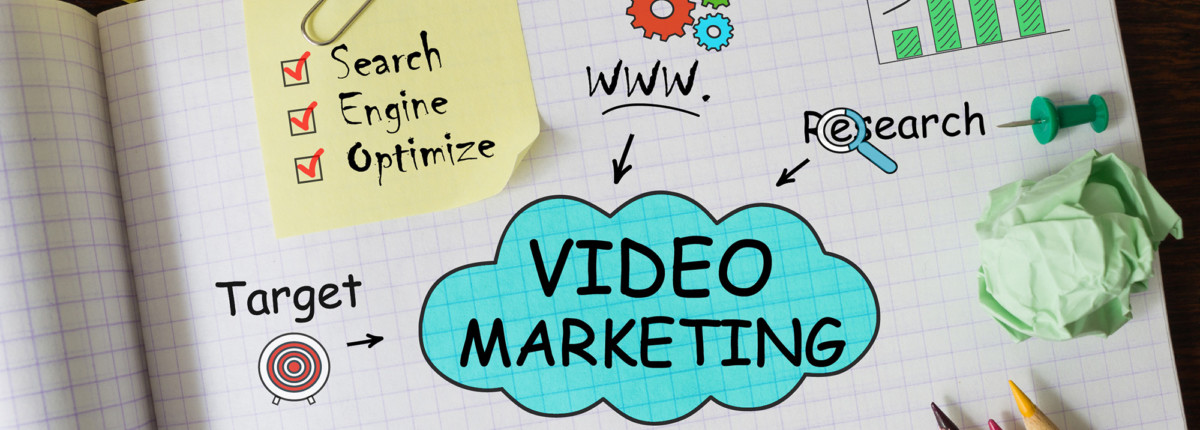The Importance of Page and Website Load Time for SEO Rankings
Why Website load times affect SEO
We live in a busy time of instant gratification, especially online- it’s no longer just about great content. Google has indicated that site speed is included in its algorithms to rank pages. No matter how good your content is and how SEO oriented it is, if your page loads more than 3 seconds, you are going to fall in rankings.
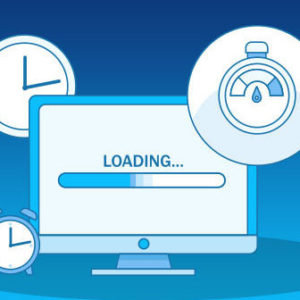
Site speed can be slowed down by the amount of time it takes to load your images, files, plugins, content and any other additional features. You can improve web page load time by optimizing & resize your images, using a caching plugin, limiting your plugins, turning off pingbacks & trackbacks or removing excessive ads to name a few.
Longer load times can negatively impact sales conversions, significantly. Nothing is more frustrating than a slow website, inevitably a potential customer may get impatient and click elsewhere! Studies show if your load time is over 3 seconds, 90% of your visitors will result in a bounce (The number of visitors to any given website, who navigate off the site after viewing only one page). A high bounce rate over time will negatively impact your search ranking, which indicates a poor user experience.
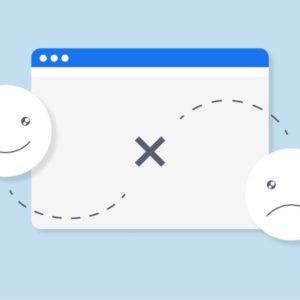
If a high number are clicking away without visiting any of your other posts or pages, then that can be a sign that you aren’t engaging with your target audience be that poor site quality, unrelated content or general audience disengagement. A high bounce rate indicates that something isn’t working and needs tweaking. You can check your bounce rate here Google Analytics
There are a number of things to consider when improving your website’s bounce rate.
- Increase Your Page Speed – Test your own page speeds and make sure your loading times aren’t driving visitors away. Visit Google’s web-based tool Page Speed Online. Knowing your site speed and working to improve it could move you up to that top spot you’ve always wanted. Feel free to schedule a one on one with us at https://calendly.com/danzanel for further consulting.
- Target your Audience – If you’re driving people to your site who are not your ideal clients, then your bounce rate will inevitably be higher because they have no reason to stick around. Make sure that your SEO efforts are specifically aimed at your target market.
- Include Internal Links – If you want people to visit more pages of your site, link your related content. This not only improves your average bounce rate but also gives your SEO a boost and adds value for your readers by giving them additional info if they want it.
Page and website load time are super important for your SEO ranking. The better your site usability is, the lower your bounce rate will be – resulting in higher conversion rates and better results!
